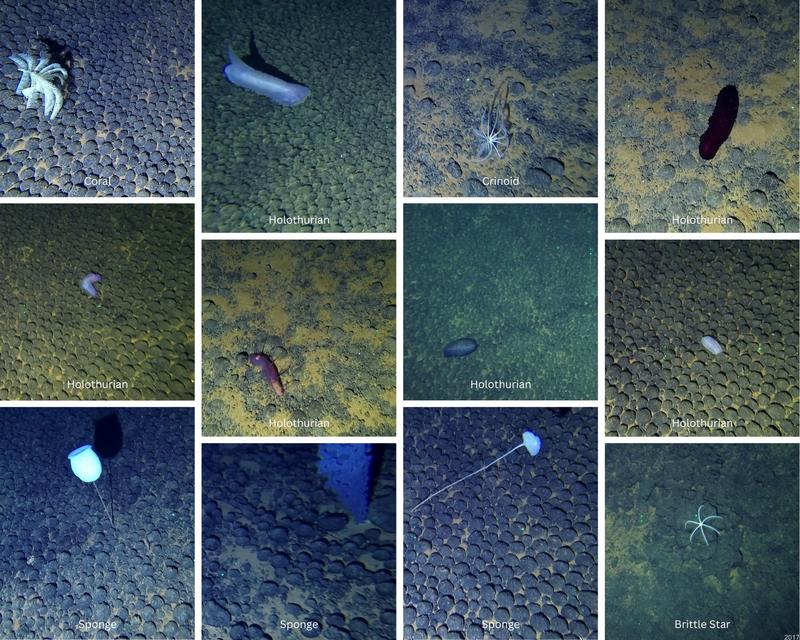The Cook Islands government is considering extending its deep sea mining exploration licences as the nation approaches the end of its five-year exploration phase.
The Cook Islands is three-and-a-half years into the programme, which allows companies to gather data to assess the viability of extracting seabed minerals. Mining, referred to as “harvesting” by the Cook Islands Seabed Minerals Authority (SBMA), can only proceed if operators demonstrate to the government that it can be carried out without causing serious environmental harm.
Edward Herman, SBMA partnerships and cooperation director, in a recent article by RNZ, confirmed that an extension is under review.
“There is a likelihood of [the exploration licence] being extended because if we cannot get the data within the next year and a half it’s very likely that we’ll need to extend it,” Herman told the news service.
He acknowledged the difficulties faced by operators and regulators alike. “Sometimes licence holders can perform a lot of work within a year and a half but at the moment it’s tough. It’s very challenging, not only for our licence holders, but for us as an agency, as a regulator.”
Herman added that more baseline data is required before the government can make “an ethical, informed, science-based decision” on whether mining should proceed.
In the same article, Hans Smit, chief executive of Moana Minerals, one of the leading exploration companies, said an extension was “definitely” needed.
“If you just look at the time it takes for the Cook Islands to assess and evaluate our environmental permit application and our mining licence application, there’s not enough time,” he said. “If I were to submit tomorrow, I wouldn’t have an answer before my exploration licence expired.”
Smit projected that if approvals are granted, mining could start as early as 2028 or 2029. He said Moana Minerals had already mapped 15 per cent of the country’s exclusive economic zone and collected more than 100 hours of seabed nodule samples.

The company has finalised its mining system design and identified a vessel for conversion into a mining ship, while also developing a laboratory-proven metal extraction process.
“It’s not a question of if we go mining, it’s a question of when we go mining,” Smit said, adding that initial data indicated “reasonably dispersed” marine life across exploration areas.
But environmental groups remain cautious. Te Ipukarea Society president June Hosking said she feared the emphasis was on commercial viability rather than ecological protection.
“I personally think if they do honest exploration they would discover it’s not a good idea to mine—that it’s going to do too much damage to the environment and the only way to prove that is to do the exploration,” she said.
Hosking added: “It would be nice if people just left the whole thing alone, but humans aren’t like that.”
The debate over whether to extend exploration licences comes as the Cook Islands strengthens its role in global seabed minerals governance.
At the 30th Session of the International Seabed Authority Council in July, Acting Seabed Minerals Commissioner Beverly Stacey-Ataera reaffirmed the nation’s commitment to a regulatory regime “grounded in scientific evidence, fairness, and transparency.”










